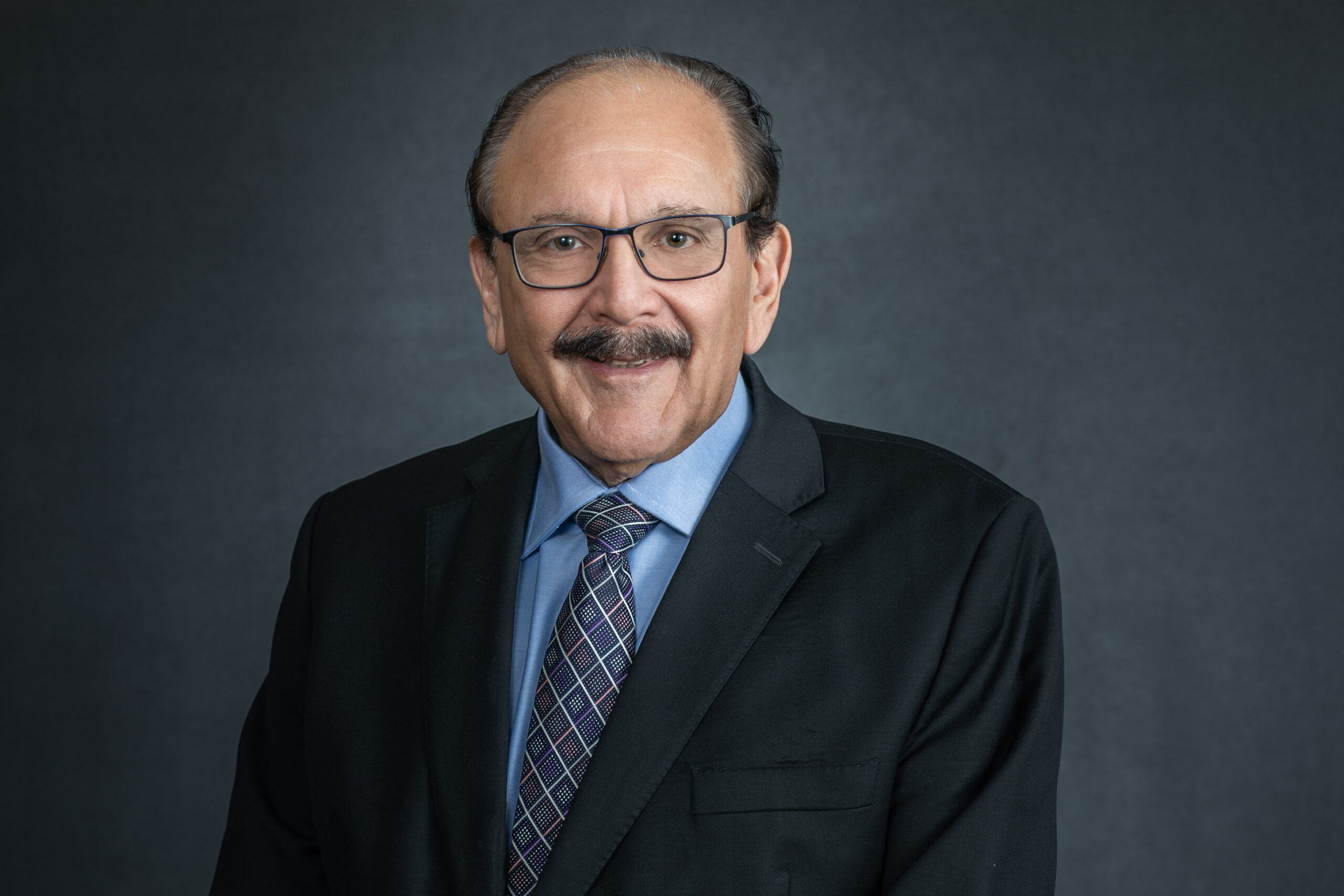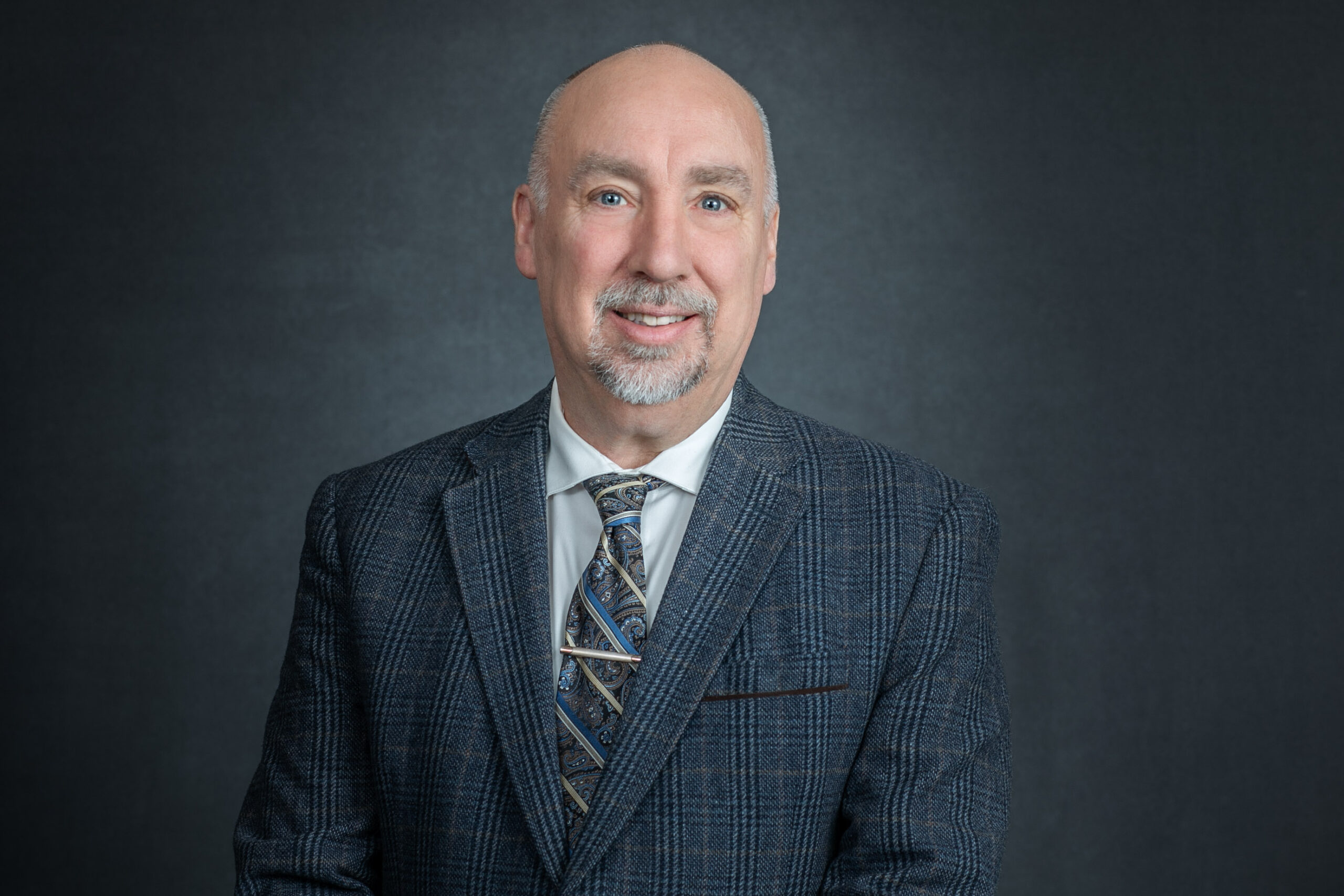
Have you ever thought about needing an estate plan or what it entails when creating one? Estate plans involve items such as trusts, wills, power of attorneys, and healthcare proxies. If you already have one in place this article from an estate planning lawyer isn’t for you, however if you’re interested in considering an estate plan continue reading.
Below are four frequently mentioned reasons for abstaining from creating an estate plan.
- Simply not finding the time
- Believing one’s estate is too small
- Assuming joint accounts is a substitute
- Hesitation about legal fees
Simply Not Finding The Time
Understanding the concept of what an estate plan entails is the first step of defining your estate plan. Your “estate” encompasses all your possessions which include bank accounts, retirement plans, stocks, real estate, life insurance, vehicles, jewelry, household items, and more.
An estate plan outlines the method that is chosen to ensure that these items will be passed down to the succeeding generation. For example, life insurance policies and retirement plans have defined beneficiaries that they will be passed to. While all joint property will be transferred to the surviving spouse, and trust assets will be distributed according to the trust terms that are set in place.
Property that is solely owned will be distributed according to the will that is in place. However, if there isn’t a will established the property will follow the guidelines of intestacy as defined by state law. Typically, these regulations dictate that the property will be distributed among the nearest relative i.e., sibling, parents, etc.
Problems can occur when individuals fail to link all avenues of their estate and assume that equal division among your children will be enough. Reflecting the reasons above, having joint accounts with your children for convenience could become complicated when deciding whether the account should be looped in with the rest of your property or passed directly to the surviving joint owner.
Another issue that may occur involves the decision of who will be named the executor of the will. Many times, families cannot agree on which member should take on this role. Families with small children should have a will in place because it allows you to choose who will become your children’s guardian in case both parents’ parish. Furthermore, it allows you to appoint a trustee to manage your estate until your children are old enough to inherit. Both the guardian and trustee can be the same person, if that is your choice.
Believing One’s Estate Is Too Small
Even for those with modest estates the most pivotal document is the durable power of attorney. With a durable power of attorney in place, you can designate someone to manage your finances should you become incapacitated. It also allows you to nominate a guardian if one becomes necessary in the future. However, the point of a durable power of attorney is to circumvent the requirement of a guardian.
Very similar to a durable power of attorney, a healthcare proxy or also known as a healthcare power of attorney allows for a trusted individual to make medical decisions on your behalf if it becomes necessary. Wills are very useful after your passing; however, a durable power of attorney and a healthcare proxy can safeguard you while you’re alive. Once you pass, the power of attorney is no longer valid.
Assuming Joint Accounts Are A Substitute
Using joint accounts is an ineffective estate planning strategy. Having multiple children and keeping equal separate accounts is unfeasible, and if you become incapacitated you lose control over these accounts which can lead to long-term familial discord.
Hesitation About Legal Fees
How can you be certain you are not the exception? Does your retirement plan involve substantial amounts in tax deferments? Is your estate taxable, or do you have a unique estate such as having a child with disabilities? If any of these questions rain true and your estate deviates from the ordinary, it is important to seek legal counsel. If you are just uncertain about estate planning or your own personal estate consult with a lawyer. The ramifications of not obtaining sound legal advice regarding your estate could potentially impact your children in the future.






